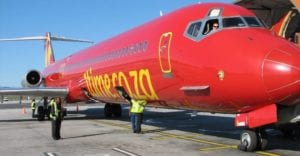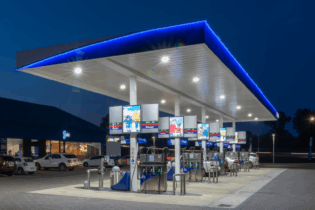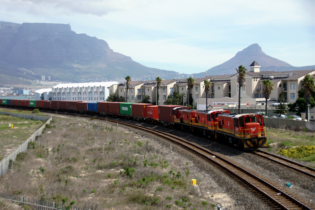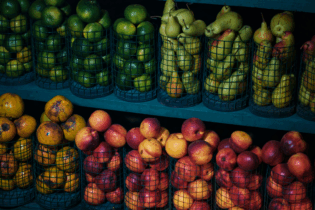Rising costs hurt domestic operators. SAA has provided no guarantee that its latest bail out package of R5bn will not be used to prop up operations in the domestic market.
This is precisely the concern of other local airlines forced to operate in an increasingly uncompetitive environment. Blacky Komani, CEO of low-cost carrier 1Time — now in business rescue — said the domestic market needs to be ring-fenced so that the playing fields remain level for all operators. “Today it’s 1time in business rescue, tomorrow it’s going to be another airline. The entire industry is under pressure,” he said. Erik Venter, CEO of Comair, said a legal entity independent of SAA’s international operations should be created for SAA’s domestic operations, including Mango and SA Express. He said this entity should operate under its own leadership and with transparent financial reporting without any government support or indirect cross-subsidy from SAA international. Mr Venter said the aviation transport policy developed in 1992 was intended “to govern the behaviour and funding of SAA in a competitive domestic environment”. This policy was developed to ensure competitiveness in the industry after years of monopoly-induced high prices. It stipulated that SAA may not cross-subsidise domestic with international operations, and that it could not receive government funding or guarantees as long as private competitors were required to rely on commercial funding. In addition, the Promotion of Administration of Justice Act states that the government is obliged to consult any parties affected by changes in policy. No such consultation has taken place. Mr Venter said while it is understandable for SAA to be funded by its shareholder — the government — to service routes not commercially viable for private airlines, this does not apply in the domestic market or even on the many routes into Africa where local airlines are attempting to compete against the national carrier. Last week, business rescue practitioners dealing with 1time sent a white paper to various ministerial bodies proposing the government considers subsidising the airline industry as a whole with selected levies and taxes instead of simply providing SAA with a handout. Mr Komani said the airline is not asking for a handout for itself as much as a “hand up” for the domestic industry as a whole. Government subsidies will benefit the industry as well as the passengers by keeping fares as low and competitive as possible. Rising fuel prices have been blamed for cost pressures and slim profits of airlines around the world, resulting in demand for ever more fuel-efficient aircraft.One of the reasons SAA asked for the bailout was to fund the purchase of new carriers to replace those bought in the last decade, which are now outdated and increasingly costly to fly.
Fuel prices look set to increase significantly by the end of the decade. Analysts at New York-based Lux Research said on Thursday they believe statements from Opec regarding its oil reserves could be inflated by as much as 70%. This would result in dramatic cost spikes from as soon as 2020. Demand-side pressure on airlines globally has also been affected by slowing growth in previously established markets. In the domestic market, efforts to increase passenger loads from the lower end of the market have been less successful than hoped due to a combination of decreased discretionary spend and increased ticket prices. The domestic market is faced with a perfect storm in terms of ticket prices because of fuel costs and soaring increases in the tariffs of Airports Company South Africa (Acsa). The tariffs, which increased by just under 70% in October last year, had already increased 30% in 2010. Acsa’s charges are split 50% with the airlines and 50% with the passenger. Mr Venter said the bulk of the increases were an effort to recoup costs accrued in the construction of King Shaka Airport in Durban. It was budgeted at R2.5bn but ended up costing in the region of R7bn due to budget overruns and a lack of control over the tender processes. According to Mr Venter, the construction of the airport was in any case controversial, with the International Air Transport Association saying at the time the services of the existing airport in Durban could be extended for another 10 years at a cost of R1.5bn. DA MP Natasha Michael was scathing about the R5bn guarantee from the Treasury, saying state bail-outs for the national carrier had become a national sport and that SAA should be privatised immediately as no previous turnaround strategies had been successful. She said years of state-funded assistance have meant consumers have suffered avoidable pain through the closure of competing airlines. An operator in the local tourism industry, who asked not to be named, said the bailout will probably result in further closures of low-cost carriers and the resulting lack of alternatives will oblige them to book customers on SAA and Mango. He noted that SAA is generally one of the more expensive options for domestic flights. Source: http://www.bdlive.co.za






